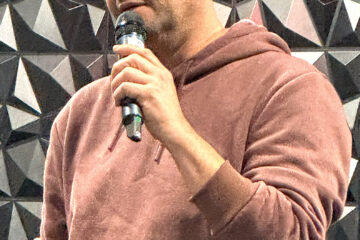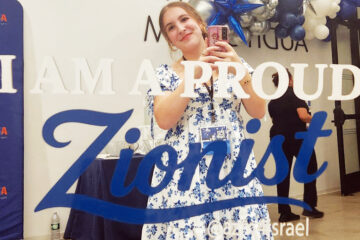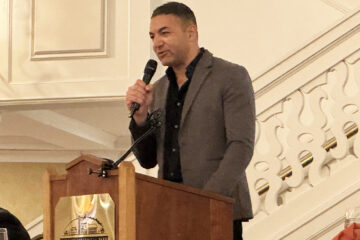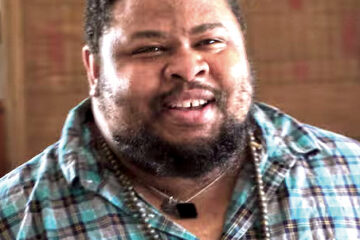The State of Israel and the state of academia
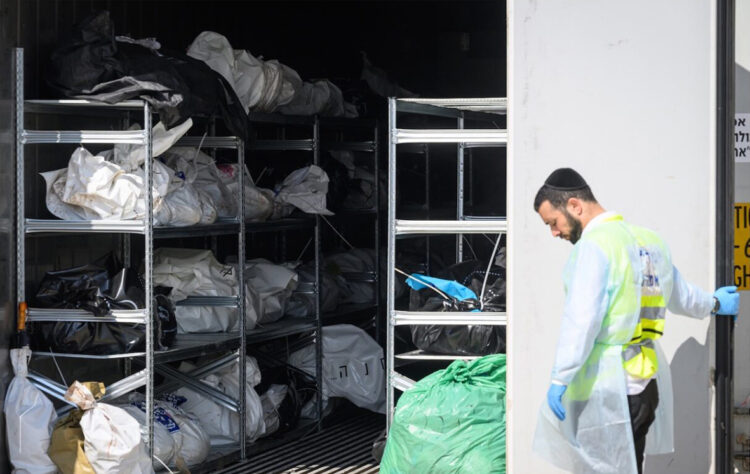
Lack of knowledge about these topics contributes to significant harm in both.
Opinion by Erica Goldberg
I am a First Amendment scholar, and I am a Jew. I teach at University of Dayton School of Law. I am hoping to offer a perspective on what it is like to be a Jew in academia during a terrible crisis in Israel and Palestine. In doing this, I hope for you to learn something about the State of Israel and the state of academia, because the lack of knowledge about these topics is contributing to significant harm in both Israel and academia.
Hamas, the terrorist organization that seized control over the Gaza Strip in 2007, attacked Israel by surprise on Oct. 7. The Palestinians in Gaza have been living in terrible conditions, with burdensome security checkpoints and insufficient resources. However, much of that is also the fault of Hamas for constantly attacking Israel and for using its humanitarian aid to weaponize for war instead of building infrastructure. Some of the fault also lies with Egypt, which generally does not allow Palestinians to cross its border. Israel, often due to unfair double standards, bears the brunt of the blame for the deep humanitarian concerns in Palestine.
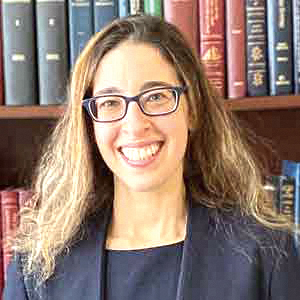
On Oct. 7, Hamas terrorists killed people in Israel indiscriminately, raped women next to the dead bodies of their friends at a concert for peace, murdered babies, killed a grandmother and uploaded the killing to her Facebook for her family to find. Hamas took hostages, including children and an elderly Holocaust survivor, back to Gaza to torture, kill, or use as collateral. We know a lot of this because Hamas, reveling in its actions, took videos of this, including Palestinians leading an Israeli woman by the hair, with her pants covered in blood, likely from rape, while chanting “God is the greatest” in Arabic.
By the end of this massacre, around 1,400 people died, a large percentage for such a small country like Israel. Whole families were wiped out. Besides Jewish Israelis, Arab Israelis were killed. Americans were killed. Thai people were killed. Nepalese people were killed. People of many nationalities were killed. Dead bodies were paraded around and desecrated. It was unthinkable.
Jews are especially scared and saddened, because Hamas explicitly has in its charter to kill all Jews, and the world was shown that it will do that if it gets the chance. Pro-Palestine rallies around the world, right after this terrorist attack, involved people displaying swastikas. In Sydney, Australia they chanted “Gas the Jews.”
No longer could the world think that anti-Israel sentiment was not, in large part, inspired by antisemitism. Indeed, the chant, “From the river to the sea, Palestine will be free,” is a direct call to obliterate the State of Israel entirely. I hoped real conversations would happen about this now. And they did, but mostly not in academia, the place where we professors should most grapple with principles, have coherent theories of justice, and strive to better understand the world.
The response in academia to this horrific terrorist attack was a bitter surprise to me, although I have witnessed the increasing antisemitism at U.S. and Canadian universities disguised as social justice for Palestine. Dozens of student groups at Harvard signed a petition calling the attack entirely Israel’s fault. Student groups elsewhere were even more celebratory. One at Tufts, where I went to undergrad, praised the martyrs and called the attack creative.
An instructor at Stanford, where I went to law school, was removed from teaching because she asked her students which of them were Jewish and then made the Jewish students stand in the corner of the classroom and told the class something like, “this is what Israel does to the Palestinians.” A Yale professor tweeted about how there are no civilians in Israel because they are all “settlers.” A history professor at Cornell told a crowd that he felt exhilarated by the change in the balance of power after the attacks. College students have pulled down posters of Israeli hostages.
My own university issued a tepid response; it did not condemn terrorism but instead offered a vigil for all victims of violence, Christians, Jews, and Muslims. The university wanted to pray for peace, which is what we all want. However, Hamas, the terrorist organization that terrorizes both Israelis and many Palestinians, needs to be removed. The United States, after being fully briefed, issued its support for Israel and noted Israel’s right to defend itself. Many civilians have died in Palestine and many Israelis have died defending their country. It is all incredibly sad because Hamas will not surrender.
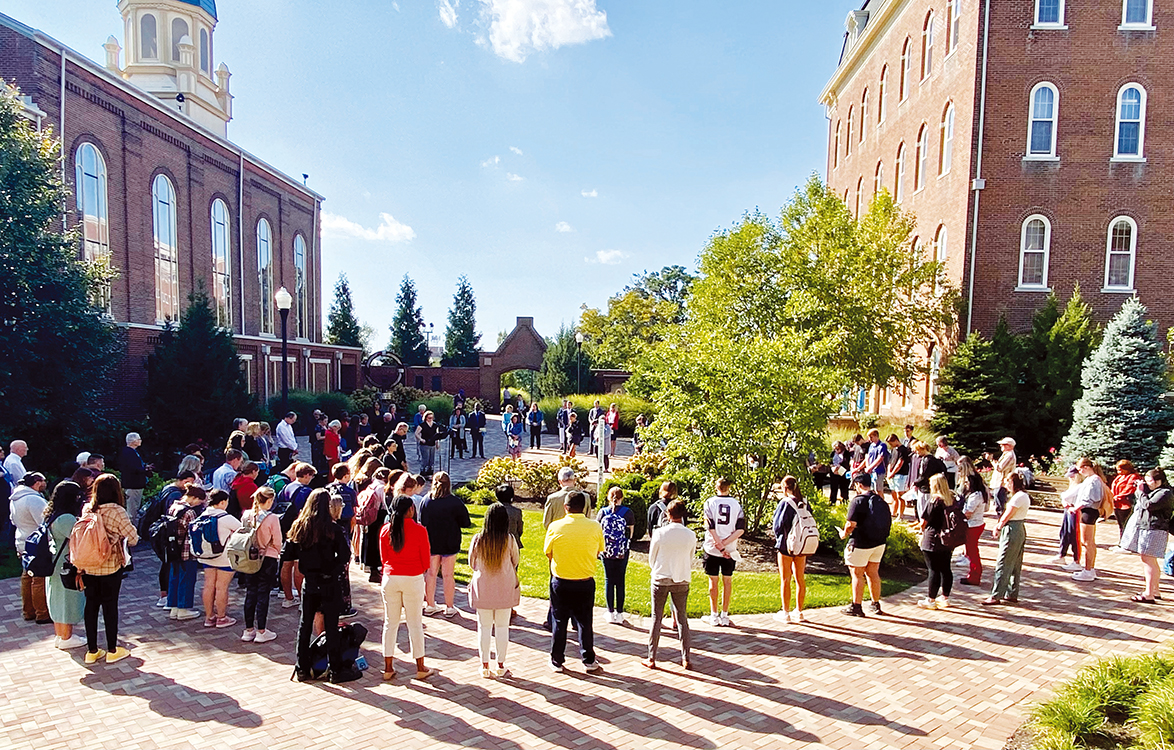
I don’t think universities should comment on world events: no institution can fairly represent the views of its diverse professors. However, given that my university comments on so many other events, this refusal to condemn terrorism was striking.
This was especially striking because many universities profess to care so much about anti-racism, about protecting vulnerable minorities. It has become increasingly clear to me that in many cases, a university’s commitment to equity and inclusion does not extend to Jews.
Instead, in a lot of places, these equity and inclusion programs have a tendency to ignore discrimination against some minority groups, and their programming is either often explicitly antisemitic or has antisemitic undertones. There are stories of this from around the country, of diversity administrators or speakers making stereotyped comments about Jews.
Whenever an institution pushes an agenda that is separate from the search for truth and understanding of the world, it is susceptible to becoming blind to the incoherence and unprincipled hypocrisy of its positions. Even worse, many universities force their faculty to commit to inclusive excellence while refusing to acknowledge the harm, specifically, to Jews — one of the world’s most vulnerable and smallest minority populations — of both an attack on the Jewish state and the response from very populous student groups at major institutions across the country.
True diversity is allowing all students from different backgrounds a place to feel they can be safe and be themselves and be included in the conversations, which should be based on logic, not bias. This is often not how Jews feel in academia, due to the hiring of professors who claim to teach their students social justice but have anti-intellectual views based on flimsy reasoning, like that everyone in Israel, including babies, are settlers and not civilians. The implication there is that it is OK to target and torture and kill a baby, because that baby is a colonizer. This view does not belong in civilized society, let alone a place that supposedly is devoted to social justice and intellectual rigor.
To be clear, Jews differ in their views about Israel, and what its appropriate response should be. Culturally, Jews are taught to question our role in the world and whether we are good people. When Hamas stores munitions in hospitals in order to make Israel look bad, there are a reasonable range of responses as to what Israel should do (and then there are situations where an Islamic Jihad rocket accidentally misfires and hits a Palestinian hospital, but Hamas blames Israel).
Israel is not above scrutiny, and I condemn some of its actions, but it faces a constant existential threat from many countries that hate Israel and hate Jews.
I don’t have a solution to the horrific situation in Israel or the situation in academia, which is becoming increasingly anti-intellectual in pursuit of ideological aims and increasingly hostile to Jews. I wish universities would stop hiring professors based on ideology and instead hire professors based on the rigor of their thinking and research, with views that don’t comport with one highly politicized notion of social justice that makes it impossible to have important conversations and reach clarity.
I have felt this way for a long time. But now, in stark relief, due to such a shocking terrorist attack and the responses to it, universities have exposed exactly who they have hired. Universities have exposed how they have failed to truly educate their students to think well instead of confirming their political assumptions.
Once hired, I do not believe professors should be fired for their views unless they explicitly target students for unequal treatment. I should also note that many truly open-minded students and professors still exist at universities, of all backgrounds and political persuasions. But academia is increasingly hostile to neutral, searching academic inquiry and increasingly hostile to Jews. And I am scared for the future on both counts.
I hope a reckoning is coming, a reckoning that consists of true, open-minded dialogue, not insulting or celebrating the deaths of our political enemies.
Erica Goldberg is a professor at the University of Dayton School of Law.
To read the complete November 2023 Dayton Jewish Observer, click here.


